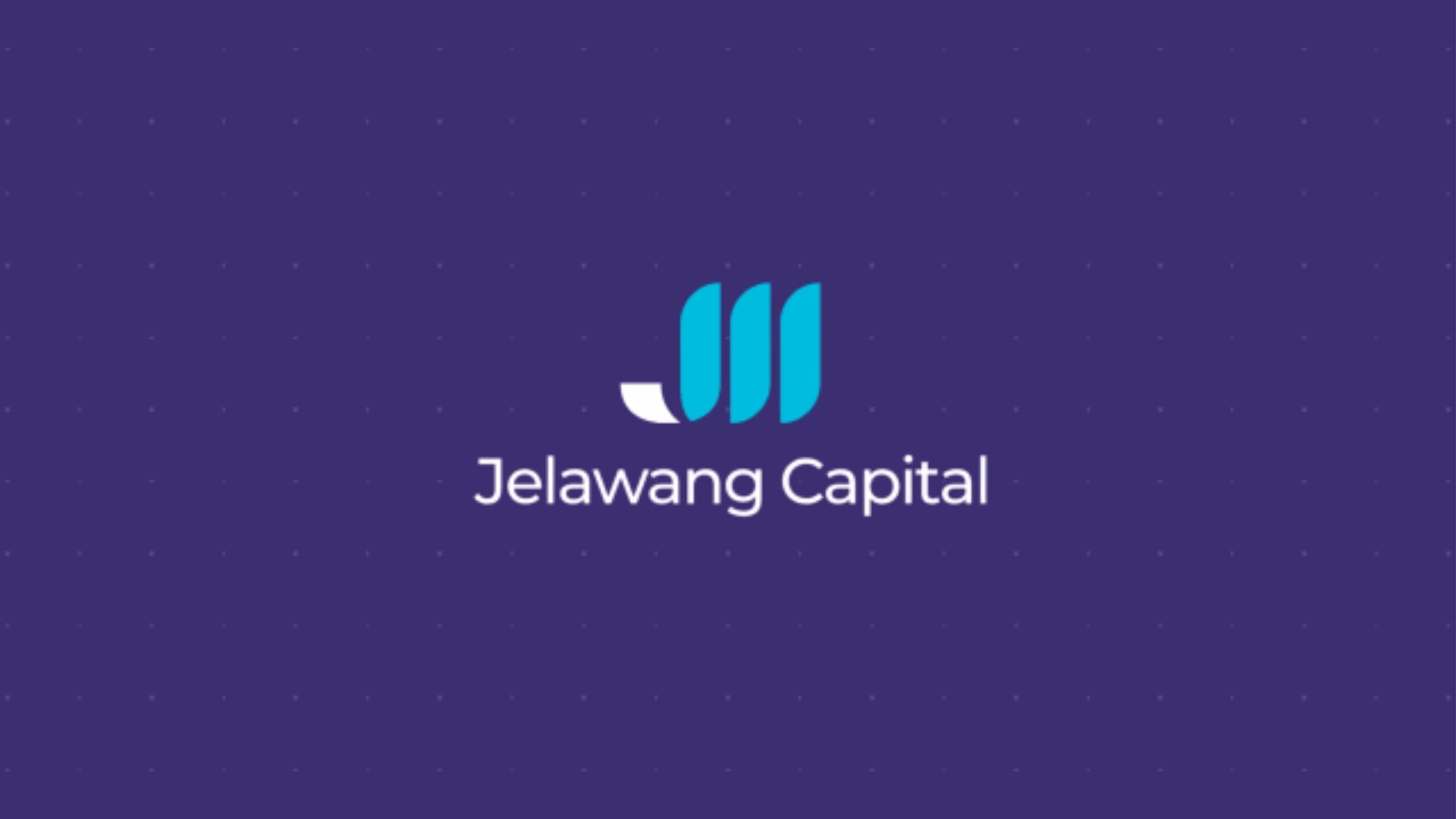AsiaTechDaily – Asia's Leading Tech and Startup Media Platform

Taiwan Unveils NT$10 Billion AI Investment Plan to Drive Digital Growth
Taiwan’s Ministry of Digital Affairs has introduced an investment initiative of NT$10 billion (US$301 million) to accelerate the growth of the country’s artificial intelligence (AI) sector. Unveiled on Monday, the program focuses on five crucial areas—funding, talent, computing power, data, and marketing—to strengthen AI-related industries. Digital Affairs Minister Huang Yen-nun emphasized that the initiative aims to expand Taiwan’s digital economy, paving the way for AI to become a trillion-dollar industry while nurturing the next generation of AI unicorns.
The 10-year investment plan will channel funds into AI and emerging digital industries, strengthening Taiwan’s position in the global AI market. The launch event was attended by key officials, including National Development Council chief Liu Jing-qing and Digital Industry Department Director Lin Junxiu, along with investors. The initiative is expected to accelerate innovation, attract private sector participation, and enhance Taiwan’s competitiveness in the AI sector.
The government will collaborate with private investors on a 1:1 funding ratio, ensuring shared responsibility in driving AI industry growth. Digital Affairs Minister Huang Yen-nun emphasized that financial support is the most crucial aspect of the initiative and thanked the National Development Council (NDC) for facilitating public-private partnerships to accelerate AI adoption.
According to NDC Minister Liu Chin-ching, the NT$10 billion investment serves as a starting point, with future expansions expected. The plan covers various sectors, including cybersecurity, digital transformation, gaming, and biotechnology. Liu also revealed that the NDC is revising the Statute for Industrial Innovation to encourage AI adoption among businesses. Additionally, this year, six investment briefing sessions and four matchmaking meetings will be held to connect AI startups with potential investors.
Lin Junxiu, Director of the Digital Industry Department, highlighted that the investment structure includes financial institutions, venture capital firms, accelerators, and corporate investors. The funding model allows for investments with a maximum 2:1 ratio in specific cases, ensuring balanced risk-sharing.
The initial group of 10 matching investors includes companies like Taiwan Smart Cloud, Energy Asia Capital, and Taian Biotechnology. They focus on AI-driven solutions in areas such as healthcare, digital transformation and SaaS.
The initiative aims to create an ecosystem where AI startups can thrive by securing early-stage investments and scaling up towards international markets. Startups can either seek funding independently or participate in matchmaking sessions organized by the ministry. The first matchmaking event is scheduled for May 28, with additional sessions planned for later in the year.
Industry experts believe that Taiwan’s healthcare sector, combined with AI-driven solutions, holds significant potential for global expansion. The program is expected to accelerate AI innovation, support new business ventures, and strengthen Taiwan’s position as a leader in digital industries by fostering collaborations between startups and investors.
The Executive Secretary of the UNCDF, Wang Ting’an, outlined the post-investment evaluation and management process, ensuring strict compliance with policies. Government ministries will conduct assessments, while UNCDF staff will collaborate with venture capital firms for additional evaluations. After investments are made, industry regulators will submit reports to UNCDF, which will be reviewed regularly in management meetings to track progress and impact.
National Development Council official Liu Mirqing highlighted three key priorities for AI industry growth: developing a digital software platform with major enterprises, expanding AI adoption among businesses, and establishing an AI-driven lifestyle ecosystem. The government is also strengthening legal frameworks, including the Promotion of Information Innovation.



